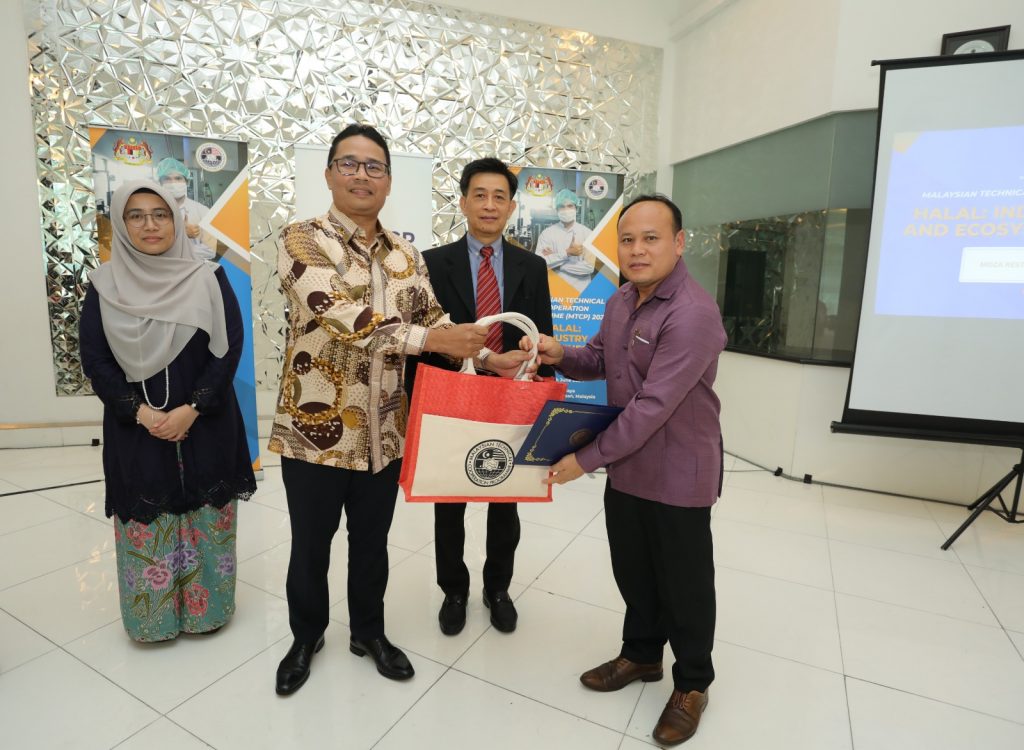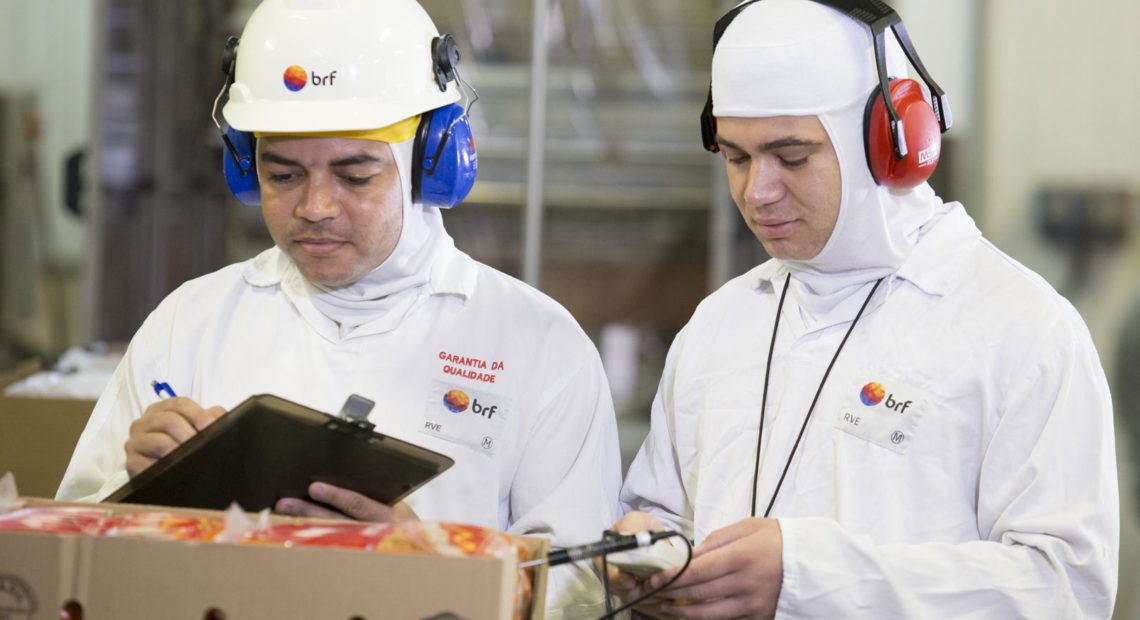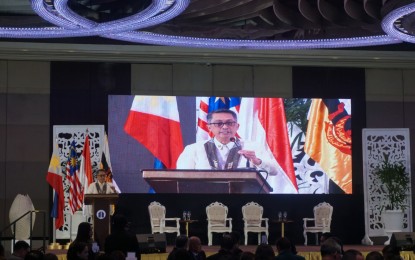 Kuala Lumpur, Malaysia (1st April 2015) – The Department of Standards Malaysia is initiating the establishment of a Working Group on Halal Products and Services with its counterparts in Indonesia and Thailand to harmonise Halal standards within the ASEAN region.
Kuala Lumpur, Malaysia (1st April 2015) – The Department of Standards Malaysia is initiating the establishment of a Working Group on Halal Products and Services with its counterparts in Indonesia and Thailand to harmonise Halal standards within the ASEAN region.
The taskforce will facilitate a platform for discussion amongst Halal authorities with the aim of providing a framework to support economic cooperation and integration within member countries.
While acknowledging existing issues among Halal authorities to consensually agree on a unified standard, Standards Malaysia director general Datuk Fadilah Baharin said that member countries must not be in denial any longer and start acknowledging the importance of having a common regional Halal standard in preparation for the establishment of a single international standardisation body.
A new landscape within the Halal industry is expected to take place should a uniformed Halal Standard using ISO methodology be successfully implemented by Dubai-led Standards and Metrology Institute for Islamic Countries, SMIIC.
“Differences (in opinion) can have detrimental effects on competition and international trade. With a view to harmonise conformity assessment procedures, member countries shall play a full part within the limits of their resources and as a basis for their technical regulations,” she said during the Certifiers Forum at the World Halal Summit 2015.
Currently, the main challenge faced by the global Halal industry is the lack of one unified standard on what exactly is Halal. There are between 500 and 3,000 certification agencies around the world, of which 80 per cent are from non-Muslim countries.
The lack of a unified standard has also raised production costs for exporting companies, as they must follow different national regulatory standards.
Fadilah said by at least having a unified standard among ASEAN countries, these matters can be addressed and hopefully will help minimise the export cost for Halal products especially for food and beverage.
“Standards, technical regulations and procedures for determining conformity are essential to ensure consumer safety, increase transparency of product information and compatibility of product,” she said.
Southeast Asia is home to more than 250 million Halal consumers, and countries like Malaysia, Indonesia and Singapore have had regulations to control the import of Halal-certified products for years.
With more than 60 per cent of its population being Muslims, Malaysia exported a total of USD10 billion worth of Halal products last year.
Amir Sakic, Bosnia and Herzegovina’s Director of Halal Quality Certification Agency pointed out that the main goal of Halal standard is to remove barriers of international trade, provide a better understanding and inevitably minimise costs of doing business.
“European countries are also trying to harmonise standards for all its 27 member countries,” he said.
The world Muslim population is expected to account for 30 per cent of the world’s population by 2025. The global market value for trade in Halal food is estimated at USD547 billion a year and analysts predicted the value to reach a staggering USD10 trillion by 2030.
Among the driving factors include a steady growth of Muslim population worldwide; rising incomes in primary markets for Halal products, and increasing demand for safe, high quality Halal food. Currently, the global Halal product is estimated at USD2.3 trillion, excluding Islamic Finance.



